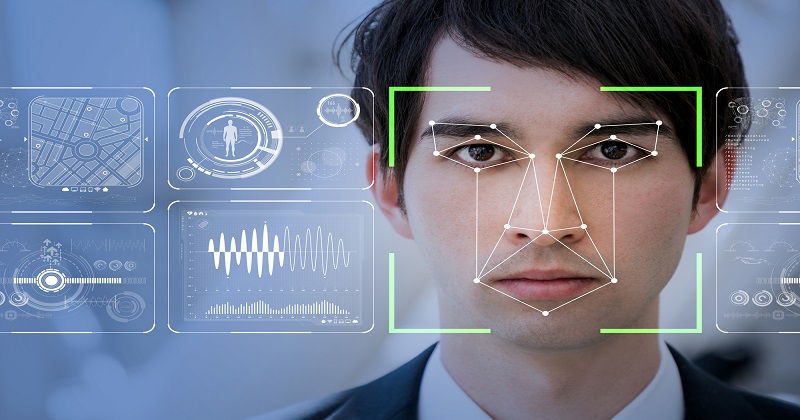
The IRS has announced it is ‘in the process of transitioning away’ from using third-party verification services for IRS.gov accounts. ID.me relies on facial recognition for identity verification, and its business practices, privacy concerns, and inability to access American tax records have been criticized by users and Congress.
In a letter to the IRS urging the agency to stop using ID.me for IRS.gov accounts, Senator Ron Wyden of Oregon, chair of the Senate Finance Committee, urged the agency to stop using ID.me. The decision also follows reports from Insider, Bloomberg, and Cyberscoop that highlighted ID.me’s privacy and security concerns.
27 states still rely on ID.me to verify people’s identity in order to receive unemployment benefits. A small number of people trying to log into their VA.gov accounts are also verified using ID.me by the Department of Veterans Affairs. IRS declined a request for an explanation about when it will finish leaving ID.me. In a statement, the IRS promised that it would ‘quickly develop’ another identity authentication tool that wouldn’t use facial recognition. Last year, the Department of the Treasury signed an $86 million contract for ID.me services until 2023.
According to Wyden’s letter to the IRS this morning, since the IRS does not require facial recognition to file taxes, it should not require it to access any specific IRS services. After the IRS announced that it would no longer use ID.me, his office issued a statement.
‘The Treasury Department has made the smart decision to direct the IRS to transition away from using the controversial ID.me verification service, as I requested earlier today,’ Wyden said in the statement, released Monday. ‘I understand the transition process may take time, but I appreciate that the administration recognizes that privacy and security are not mutually exclusive and no one should be forced to submit to facial recognition to access critical government services’, he added.
Earlier this week, Insider reported that law enforcement was able to easily request sensitive information that ID.me stores (such as ‘inferred citizenship’ for people who submit passports as well as selfies, voiceprints, and information from other government documents).
A recent Bloomberg article reported that some people were having trouble getting unemployment benefits due to ID.me. According to a report by Cyberscoop, ID.me claimed to use facial recognition to match faces to documents, but it actually uses one-to-many matching, which compares faces to a database of photos. ID.me hasn’t revealed how many images it has stored or how it acquired them.
‘The IRS takes taxpayer privacy and security seriously, and we understand the concerns that have been raised. Everyone should feel comfortable with how their personal information is secured, and we are quickly pursuing short-term options that do not involve facial recognition’, IRS Commissioner Chuck Rettig said in a statement.

Post Your Comments